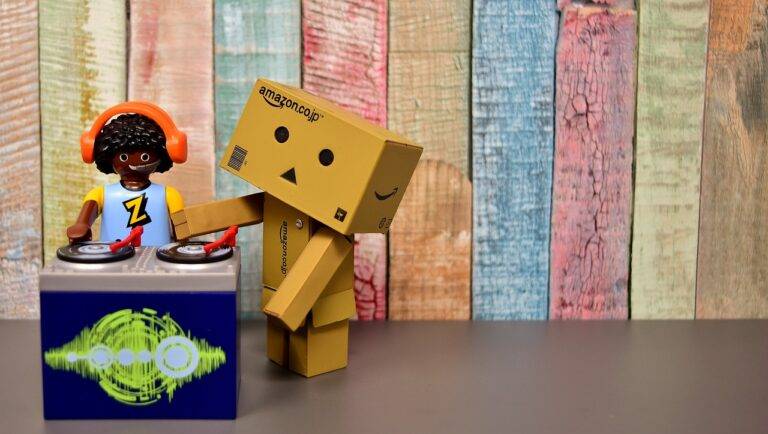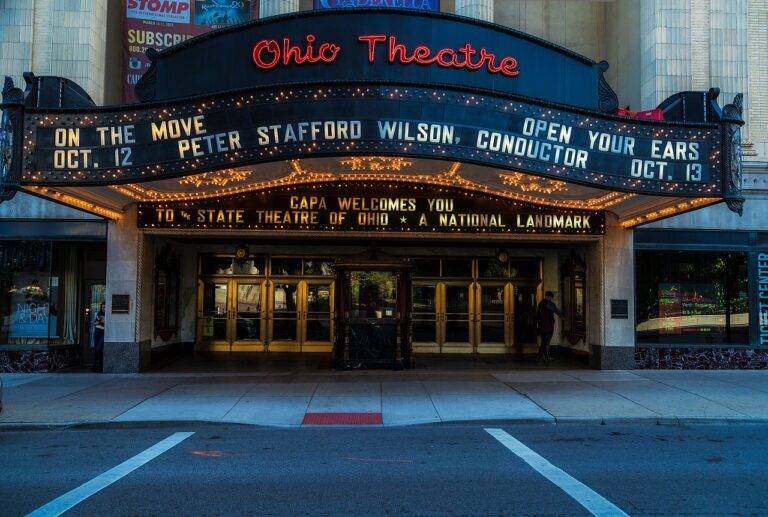Exploring the World of AI-Generated Storytelling
As technology continues to advance, we are witnessing the rise of artificial intelligence (AI) in the realm of creative writing. AI algorithms are being used to generate compelling narratives, poems, and even works of fiction. By analyzing vast amounts of data, AI systems can learn to mimic human creativity and produce written content that is indistinguishable from that of a human author.
This integration of AI in creative writing is revolutionizing the way stories are crafted and shared. With the ability to generate endless story ideas and plot lines in a fraction of the time it would take a human writer, AI is opening up new possibilities for creativity and innovation in the literary world. As more writers and content creators embrace AI technologies, we can expect to see a diverse range of captivating stories that push the boundaries of traditional storytelling methods.
Understanding the Process Behind AI-Generated Storytelling
When it comes to AI-generated storytelling, the process typically begins with a vast amount of data being fed into the system. This data can range from existing literature and stories to various writing styles and structures. The AI then analyzes and processes this information to understand patterns, themes, and character development that are commonly found in engaging narratives. This helps the AI to learn how to create compelling stories by mimicking these elements in its own writing.
Once the AI has analyzed the data and learned from various sources, it utilizes natural language generation techniques to craft original narratives. This involves the AI generating sentences, paragraphs, and even entire stories based on the patterns and structures it has learned. Additionally, AI-powered tools can also incorporate feedback and editing processes to refine the story further, making adjustments to improve coherence, plot development, and overall quality. Through this iterative process, AI-generated storytelling continues to evolve and improve, showcasing the capabilities of artificial intelligence in the realm of creative writing.
Examples of Successful AI-Generated Stories
AI has made remarkable strides in the field of creative writing, producing captivating stories that have left readers in awe of its capabilities. One notable success story is “The Day a Computer Wrote a Novel,” a short story generated by an AI system called GPT-2. The story not only demonstrated the AI’s ability to craft engaging narratives but also showcased its proficiency in creating compelling characters and dialogues.
Another impressive example of AI-generated storytelling is the novel “Sunspring,” penned entirely by an AI named Benjamin. The novel garnered widespread attention for its unique plot twists and imaginative storytelling, proving that AI has the potential to push the boundaries of traditional storytelling. With each successful AI-generated story, the possibilities of blending human creativity with machine intelligence continue to expand, opening new horizons for the future of literature.
“The Day a Computer Wrote a Novel” by GPT-2 showcased AI’s ability to craft engaging narratives
The novel “Sunspring” penned by AI named Benjamin had unique plot twists and imaginative storytelling
AI has the potential to push the boundaries of traditional storytelling
Blending human creativity with machine intelligence opens new horizons for literature
How does AI contribute to creative writing?
AI algorithms can generate stories by analyzing patterns in existing texts and crafting new narratives based on this data.
What is the process behind AI-generated storytelling?
AI-generated storytelling involves training algorithms on large datasets of text, which allows them to learn the structure and style of writing. The AI then uses this knowledge to generate new stories.
Can AI-generated stories be as engaging as those written by humans?
While AI-generated stories may lack the emotional depth and creativity of human-authored works, they can still be compelling and entertaining to read.
What are some examples of successful AI-generated stories?
Some examples of successful AI-generated stories include “The Day a Computer Writes a Novel” in Japan and “The Policeman’s Beard is Half Constructed” by Ross Goodwin.
How can AI-generated stories benefit the creative writing industry?
AI-generated stories can help writers overcome creative blocks, generate new ideas, and explore different writing styles. Additionally, AI can assist in content creation for various industries, such as marketing and entertainment.







